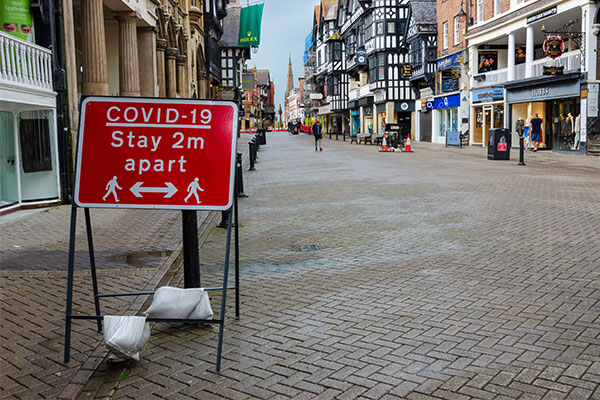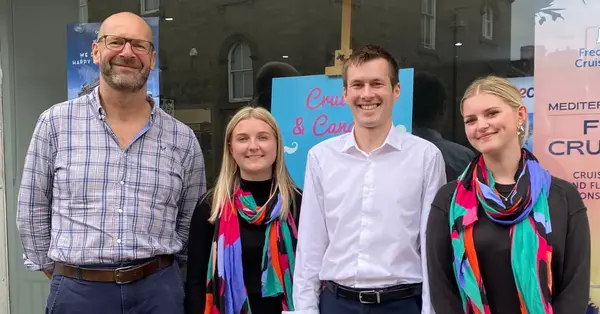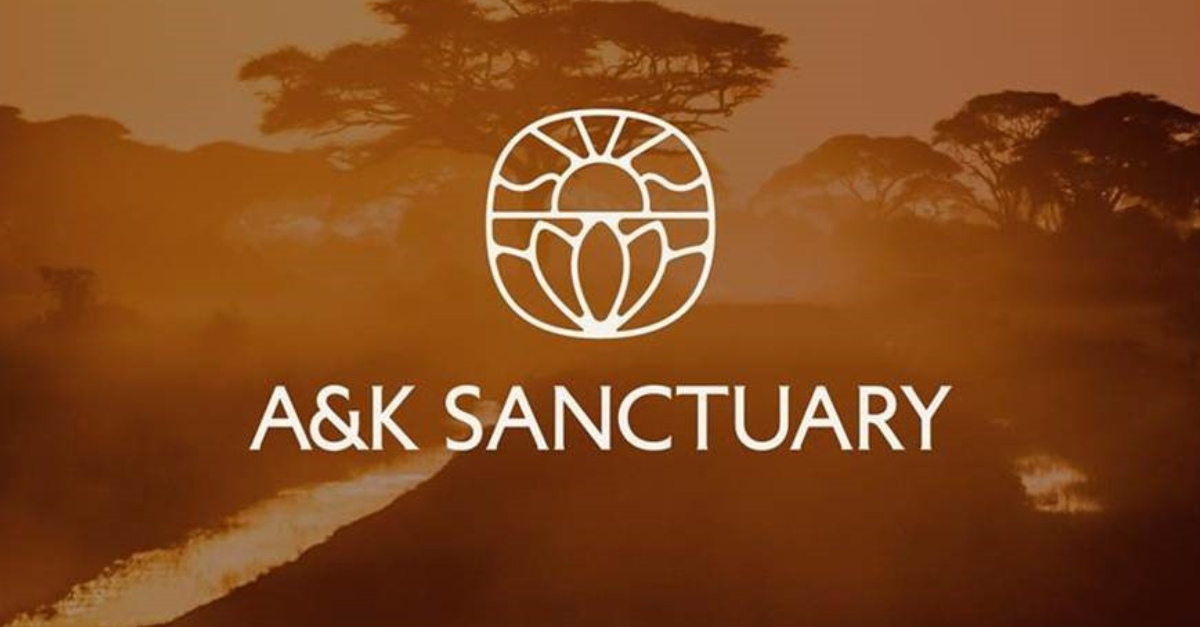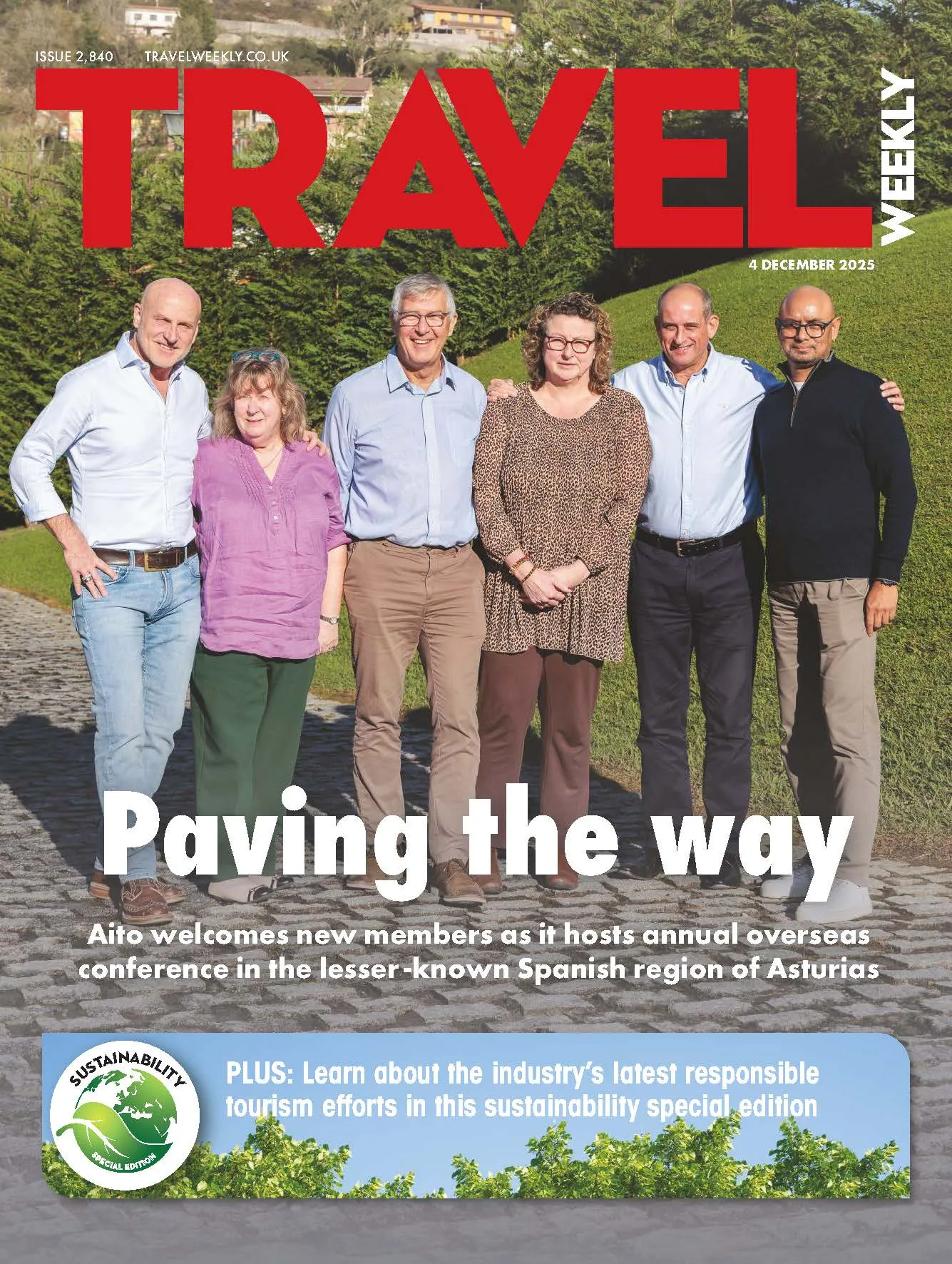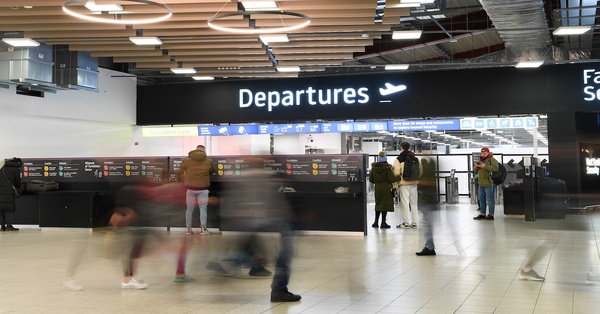You are viewing 1 of your 2 free articles
Special Report: Why has access to financial support been so difficult?
The government’s confirmation that travel agents are eligible for lockdown business grants in England was welcomed by Abta as the potential end to a “postcode lottery” of financial support.
Agents had made the original list, but a specific mention was removed in the autumn before being reinstated last month.
But while Abta says there has been “an improvement” in access to grants since, it also says “local issues are still cropping up”, reports delays to payments and reveals it has “had to intervene in a handful of cases”.
The association has pledged to continue to lobby for support alongside fellow members of the Save Future Travel Coalition.
Furthermore, an estimated three million taxpayers – 10% of the UK workforce – have had no meaningful support, according to the Excluded UK alliance, ranging from new starters and the newly self-employed to limited company owner-directors and businesses ineligible for grants.
Many of these are agents, whose continued battle for support is rumbling on more than 10 months after the introduction of furlough, self-employed support schemes and grants for small businesses – and chancellor Rishi Sunak promising “no one will be left behind”.
The battle for grants… in Surrey
Agents in Surrey were among those battling their council to secure grants and have now received money.
Margaret Ridler, owner of The Travellers Boutique in Cobham, chased Elmbridge council “numerous times” to secure an Additional Restrictions Grant of £2,500 for being in Tier 3 last November. In mid-January the agency received a backdated Tier 4 payment of £1,214 and grants totalling £9,000 because of the national lockdown.
Ridler said the “uncertainty caused confusion and anxiety”.
“It was always about parity with most other councils who were paying agents,” she said. “It’s been a particularly stressful few months, with bereavements in the family, and we could’ve done without Elmbridge council taking such a ridiculous stance.
“But we are resilient and can at last see the light at end of the tunnel.”
Martyn Fisher, managing director of Greenstar Travel in Claygate, Surrey, received £8,500 from Elmbridge council following the government clarification.
“I’m extremely grateful,” he said. “Although [this amount] would not necessarily save some agencies from folding, it certainly helps pay some bills and costs. We have a chink of light at the end of a very long winter.”
The battle for grants… in northwest England
Several agencies in the northwest also strived to secure cash from councils.
Simon Rowland, managing director of Wilmslow-based adventure and wildlife specialist Wildfoot Travel, endured months of frustration with Cheshire East council. But in late January, after support from local MP Esther McVey, he received £9,274 from two schemes: the Local Restrictions Support Grant and Closed Businesses Lockdown Payment, for closures and restrictions dating back to October.
“It was such a relief,” he said. “Without Esther McVey’s help, I don’t think we’d have got it. It’s pathetic and sad that you have to work so hard to get it.”
Rowland has been supported in his battle by Richard Slater, owner of Henbury Travel and chairman of Abta’s northwest region.
As a director, Rowland hasn’t qualified for income support, other than a “tiny” amount of furlough money, and anticipates very little revenue in 2021 as most bookings are for departures in 2022 or 2023.
“I am basically living on savings,” he said. Despite this, he is optimistic business will return, and says the struggle has made his company “more resilient, creative and tenacious”.
The battle for grants… in Greater Manchester
The plight of agents in Greater Manchester has been in the spotlight thanks to Stretford and Urmston MP Kate Green, who is lobbying ministers after a Zoom surgery with about 20 travel professionals last month.
She heard from homeworkers as well as high street agents such as Jill Waite of Pole Travel. As a limited company director with only a low level of income through PAYE, Waite has been unable to qualify for full furlough payments, apart from £144 a week in November. She now supplements her 10am?4pm hours in the shop by working 5pm?9pm for a market research company.
Having never been in debt before, Waite has a £50,000 Bounce Back Loan, which will need to be repaid in June. Annual turnover is usually about £2 million but now is less than £40,000.
“The government has been clueless,” she said. “Where is that Global Travel Taskforce? They should be speaking to influential trade people.”
She said politicians’ pronouncements meant summer bookings dried up, so her only business is for November onwards.
“We need a clear path out of this – and targeted support,” she added, highlighting how the Scottish government has agreed a £5 million package of sector-specific support for agents north of the border.
Roadmap to restart travel
Also joining the Zoom surgery was Gary Lewis, chief executive of The Travel Network Group.
He told Travel Weekly that several of the consortium’s homeworkers – Independent Travel Experts – are ineligible for the Self-Employment Income Support Scheme as they hadn’t been trading long enough.
Meanwhile, many established homeworkers who had grown their businesses received low grants because their average monthly trading profits were based on the previous year.
Lewis said: “We urge the government to deliver a roadmap to restart travel, to review sector-specific support and deliver a test-and-release regime that is cost-effective and could reduce and/or remove quarantine.”
“I’m getting really frustrated,” she said. “I get quite emotional; it is like having your business taken away from you. I’m surviving on savings and cutting my cloth, but I still have bills and overheads for the business.”
Welsh said she is “staying positive” and praised the support of fellow members of the group.
Another homeworker who found it difficult to secure financial support is Jack Kay of Jack’s Cruise Club, a limited company director based in Walsall.
His revenue was £102,000 for the year to February 2020 but £18,000 since then. He got a £16,000 Bounce Back Loan in May that needs to be repaid. Kay and his partner, a self-employed hairdresser, receive Universal Credit of £902 per month, leaving them £152 after bills.
He has not been eligible for many business support grants but finally heard on Tuesday that his application to Walsall council for a discretionary grant of £2,150 had been approved.
“I worked out my hourly rate was 56p from April to June,” he said. “It has been really tough.”
An upturn in bookings last summer generated £120,000 worth of sales but there has been little since due to low confidence in cruising.

